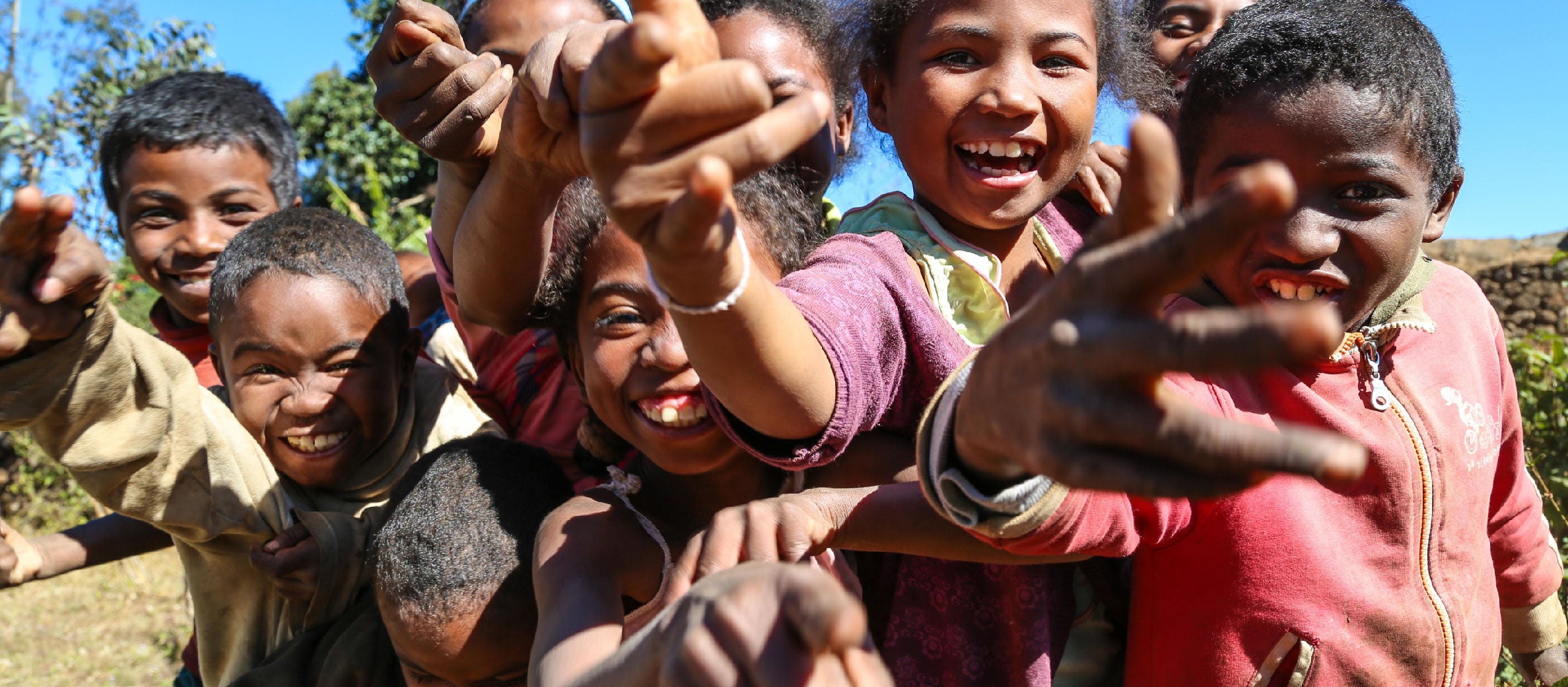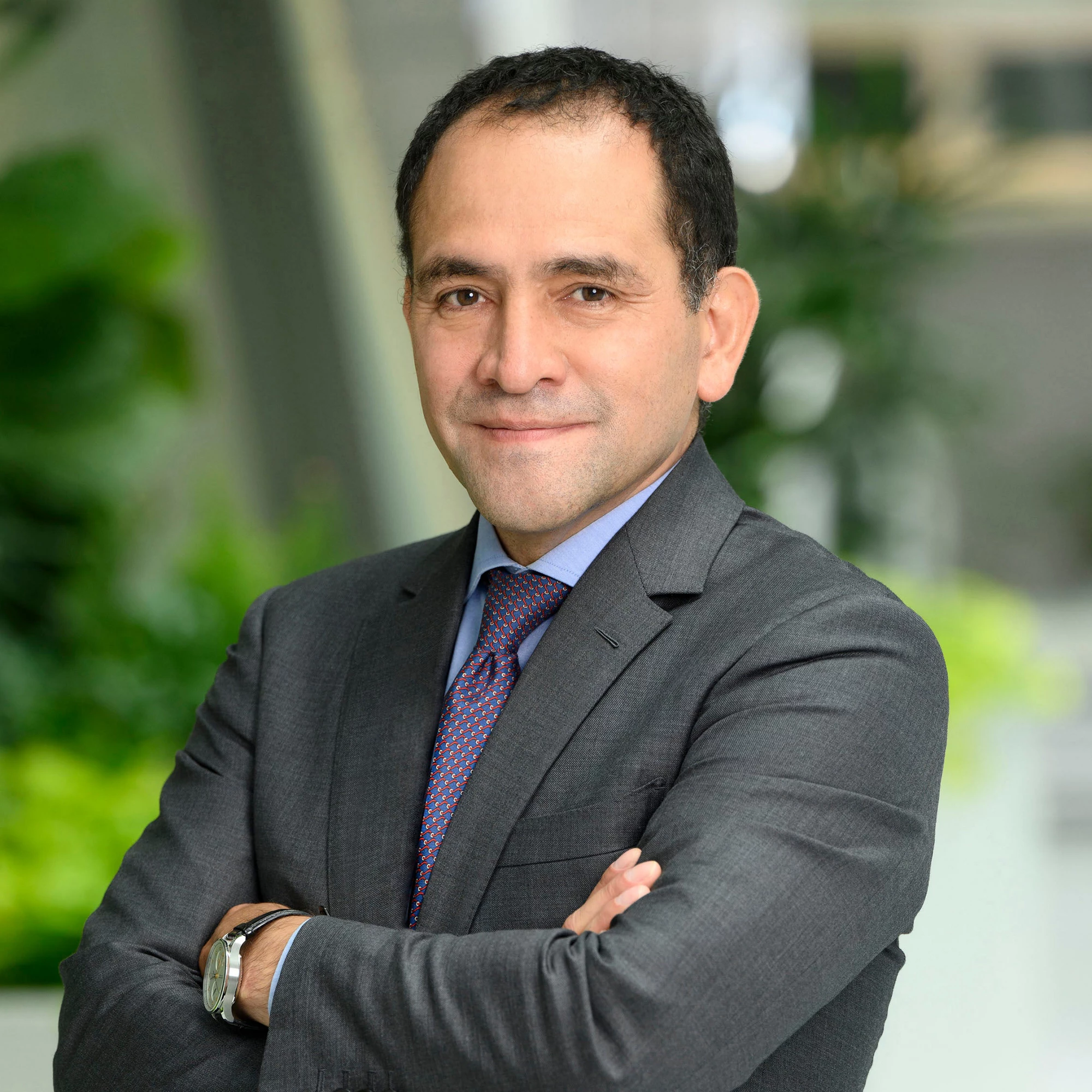 Corruption is a fundamental development problem. It hurts the poor and erodes progress.
Corruption is a fundamental development problem. It hurts the poor and erodes progress.
Corruption is a fundamental development problem. It hurts the poor and erodes progress. Corruption is not just about waste of resources. It is the cause of crumbling infrastructure, environmental destruction, abuse of power and exclusion, and weakening trust. After nearly three years of the COVID pandemic, and with international tensions on the rise, addressing corruption remains essential for the World Bank Group to achieve its mission of alleviating poverty and reducing inequality.
HOW THE WORLD BANK IS FIGHTING CORRUPTION
While there has been some progress in fighting corruption, it has been too slow. We need to do more, and we need to do better. Here are three areas of anticorruption work that can bring enormous benefits for society: participation, transparency, and data.
Participation recognizes the essential role of citizens and civil society in shaping policy and in fighting corruption. We work to enable civil society to carry out this important role in many ways. Through our Global Partnership on Social Accountability, we and our partners support 50 projects in 34 countries on social accountability initiatives. These initiatives help civil society organizations in their work to strengthen accountability in sectors such as health, education, social protection, water, and across issues such as public financial management and fragility, conflict, and violence.
Next, let’s look at transparency. Access to information is a fundamental human right, and also one that can be remarkably effective in controlling corruption. Transparency of basic government information, including budget and debt information is essential. It can promote accountability and empower citizens. Citizens should know if their taxes are being wasted or if their future is being mortgaged without their knowledge. The World Bank Group works to support access to information through policy reforms, capacity development, and technology.
We believe in using evidence and data to underpin our work. This is essential for the fight against corruption. The World Bank supports GovTech innovations in our partner countries to enhance peoples’ voices and participation in public life. We help governments make information more accessible to their citizens through digital innovations and tools. In addition, we are doing more to harness the massive amounts of data that are increasingly becoming available.
We are working to facilitate this, for example, by bringing together procurement data in a common platform called ProACT, which stands for Procurement Anticorruption and Transparency. ProACT enables the analysis of data related to over 21 million contracts across 120 countries. Drawing on the literature on the red flags of corruption risks, it is a tool for civil society to use data to hold governments accountable and therefore improve the use of public resources.
WE NEED STRONGER INSTITUTIONS
Our efforts call for stronger institutions and fundamental respect for the rule of law. Equal treatment under the law is a democratic value, and in our programs we support this goal in many ways , helping countries to strengthen their justice institutions and promote accountability. Corruption, which can range from bribery to state capture to nepotism, has a devastating effect on economic systems. Working to support public accountability mechanisms and open competition, we support policies that reduce the harm caused by state capture.
We also support over 70 countries to strengthen supreme audit institutions, anticorruption agencies, and law enforcement bodies to improve oversight. We assist countries to ensure that those who engage in corrupt acts are held accountable and that stolen public assets are returned and the damage they cause is repaired. We do this through our partnership with UNODC, the Stolen Asset Recovery Initiative. StAR’s recent data gathering shows that close to $10 billion in corruption proceeds have been either frozen or confiscated or were returned to a country that was harmed by corruption. While this represents only a small part of what is stolen, it gives reason for cautious optimism: international asset recovery is achievable; it is no longer the rare occurrence it used to be.
Tackling corruption requires persistence and cooperation across the world. Corruption is not a developing country problem; it is a global problem. We must continue to learn from experience and work together—both at the global level and at the country level—to fight it. Controlling corruption does not compete with our other priorities at the World Bank but rather it underpins everything. We have found in our surveys of stakeholders that the number one reason that economic and social reforms fail or are slow to take place is corruption, even more than coordination problems, politics, or capacity.
Going forward we want to ramp up our work on reducing corruption in procurement and contract management, expand our use of data and technology, support beneficial ownership transparency, and do more to strengthen accountability institutions and the rule of law. We are integrating anticorruption more deeply into our country-level diagnostics and strategies to bolster the social contract.
Controlling corruption is not optional. It has to be a priority.



Join the Conversation